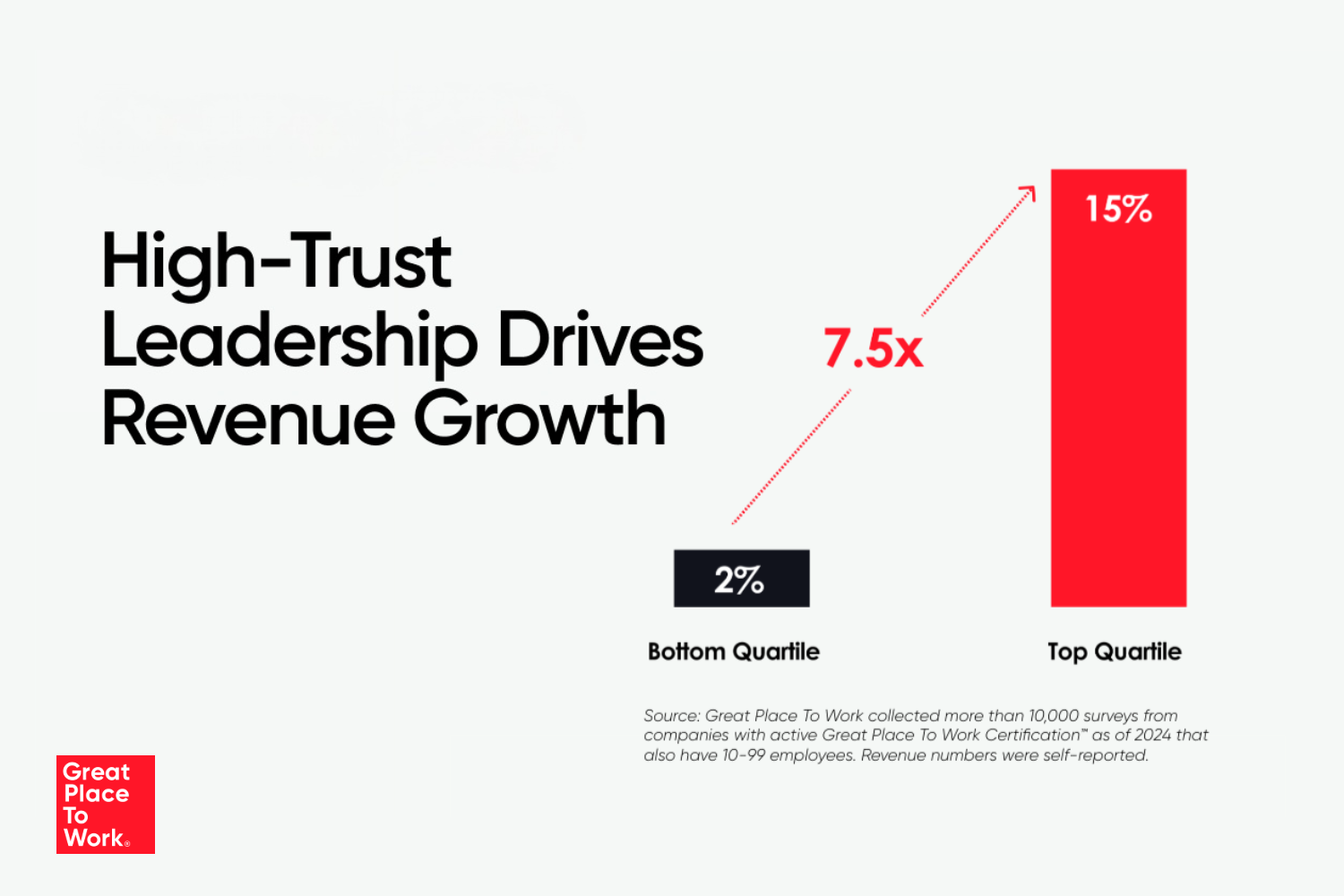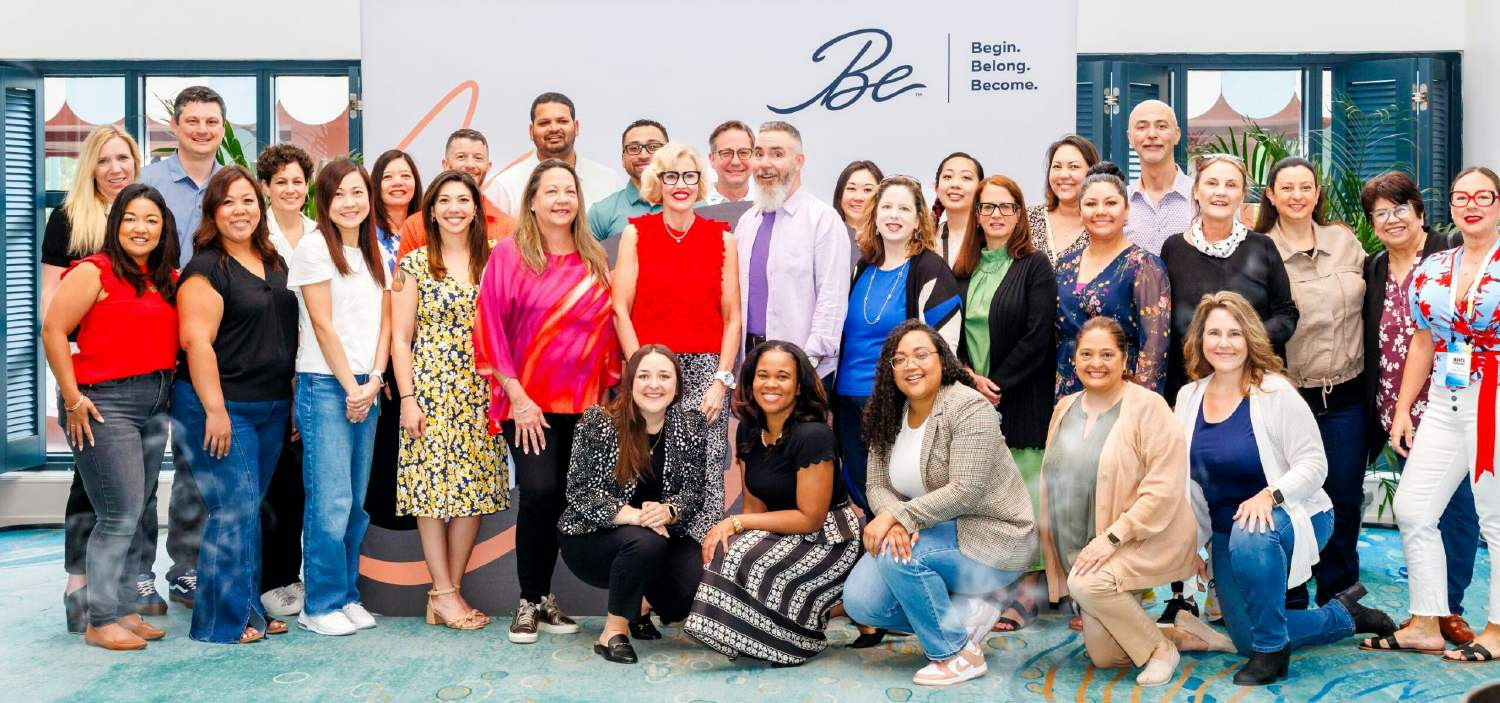Company Culture, Diversity & Inclusion, Elements of Company Culture, Employee Listening, High-trust leadership
Navigate the nuances of workplace communication and understand the subtle yet profound differences between dialogue, debate, and discussion.
Is it dialogue, discussion, or is it debate? There is a difference, and each has its value. Do you know the difference? Would you recognize dialogue if you heard it in your workplace?
To guide you through this question, let's distinguish dialogue from the other common forms of communication—debate and discussion first.
Debate is combative and seeks to be victorious; it wants to express itself and say it is better than you.
Discussion can be described as debate trying to play nice. Much like debate, it is interested in advocating its viewpoints and challenging those of others.
Dialogue, on the other hand, seeks to find a shared connection. It is not concerned with winning or losing; rather, it aspires to listen more deeply, understand more fully, and build a collective perspective.
When the diversity of personality and opinion create moments of conflict and tension, dialogue steps in and mediates the conversation back to a renewed sense of connection.
Dialogue and company culture
A great workplace fosters dialogue and encourages a diverse perspective. After all, these are the very elements that lead to growth and innovation.
In other words, dialogue and diversity, equity and inclusion in the workplace are interconnected.
But too often, dialogue is flimsy in organizations, most likely because if it is practiced so little, it is because it is understood so little.
4 principles of effective workplace dialogue
Let's explore some of the principles that make dialogue so valuable in the workplace. When an employee or manager engages in dialogue, there are four keys to making it work:
- Suspend judgment
- Listen
- Inquire
- Explore assumptions
When we suspend our judgment, we temporarily silence our thoughts and open our capacity to engage as listeners.
Greater inquiry into others' viewpoints helps us better understand our colleagues and adopt new ways of thinking.
When we explore our assumptions, we encounter unchallenged ideas, unchecked biases, and thought patterns that influence and possibly inhibit our workplace engagement.
Dialogue is also, however, a very challenging undertaking. Becoming aware of personal assumptions is tough work.
It places us to measure the consistency between our words and our actions and realize that their alignment may not be as linear as we believe.
Inevitably, the practice of dialogue asks us to consider that our opinions are not always correct and that others may have more effective methods for approaching situations. Doing this is neither natural nor cathartic, but growth is very rewarding.
How do you know if you're creating a culture of dialogue?
Trying to figure out if you're really sparking good conversations within your team? We've got a tool for that. It's all about using feedback from your team members.
We've spent more than 30 years helping businesses, just like yours, keep a finger on the pulse of what's going on with their team.
We're talking about measuring the things that matter, like teamwork, how well everyone's communicating, and how your leaders are doing.
Curious about it? Ask us how. We'll show you how the Great Place To Work Certification, which incorporates employee surveys and in-depth analysis, can help you assess and enhance dialogue within your organization today.











